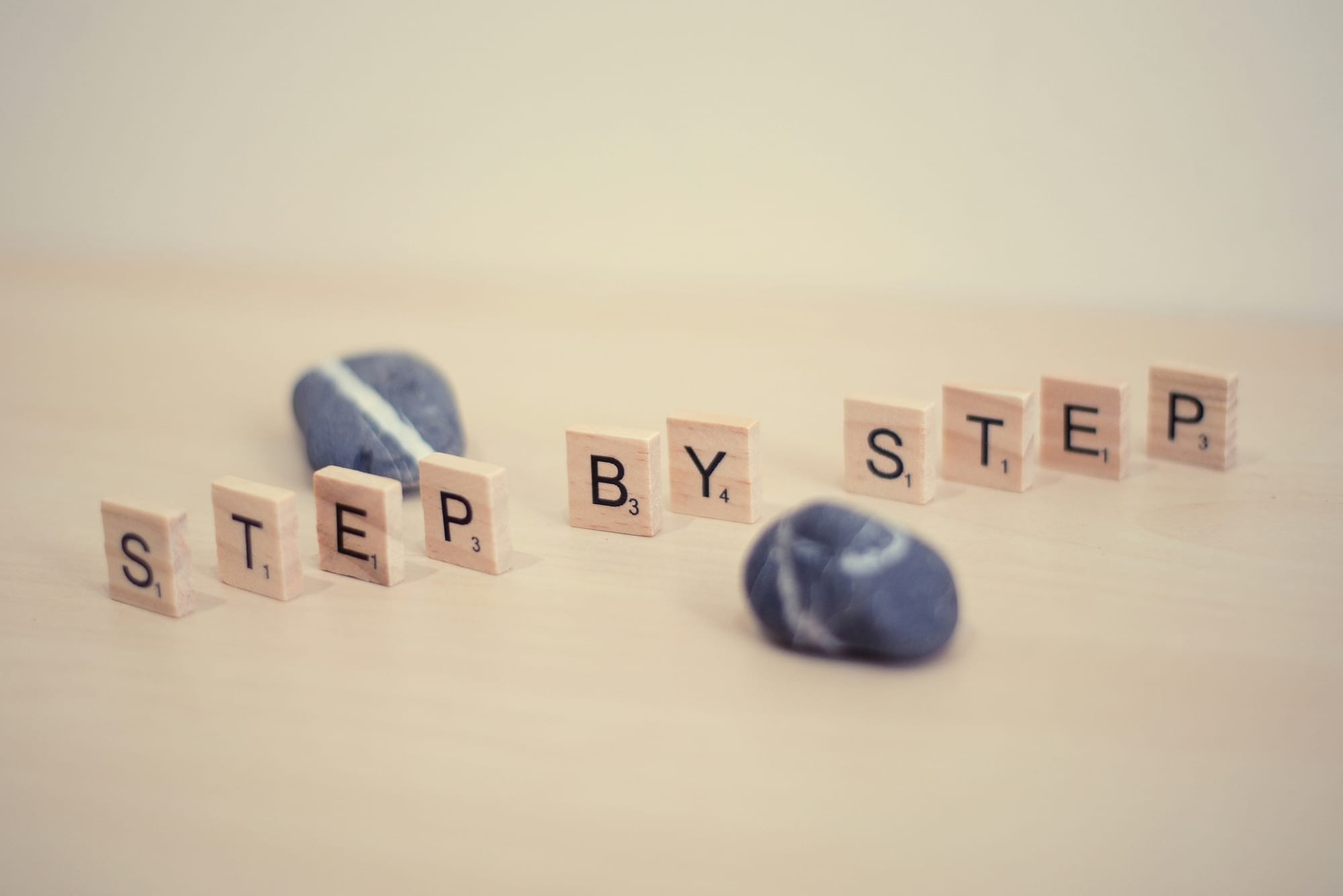A Good Security Team

While searching for my next role, a question I have been asked during interviews has been what kind of team I am looking to work with. This is a common question asked during interviews for several reasons. Hiring managers are trying to find a good culture fit from the candidate. A good culture fit can be the difference between a good working relationship with team members, or a bad one with a lot of friction and untrustworthiness leading to teams not hitting their goals. It's also just as important that the candidate aligns well with the values the company stands behind. They're looking for someone who will not just do well in the team, but will help the company succeed especially in a security role where trustworthiness is paramount. Over the course of my job search, I respond to this question by saying how I value working with security teams where we can learn from each other. A team that values knowledge sharing, a team that is built upon a culture of initiative and openness, where open discussion is embraced on potential technical solutions and genuine curiosity. Integrity, accountability, patience, and empathy are the most valuable characteristics a security professional should have. Having these characteristics will help any security team be a good security team. With everything mentioned, I want to talk about my experience having worked for such a good security team and how it helped me progress in my career.
A Step in the Right Direction

When I made the long sought jump from IT to InfoSec it required a lot of patience and hard work. I ended up working in a remote distributed team in the health tech industry specifically biotech and genomic analysis. I was the first US based security engineer hire. The rest of my team were based in Serbia. It was a new situation for the team to onboard and work with someone who is not speaking the native language, and not physically close. I took it as an opportunity to showcase my skills in how reliable I was in working independently despite the ambiguity. I began reading a lot of documentation and processes, and asking questions. Since there was a 6 hour time difference, I had to wait many times for a response from my team. So I began to make sure I had all my questions answered before it was the end of day for my teammates. By doing this as well as taking many notes on the side, I was able to quickly adjust myself to this new working environment since it was also my first fully remote role. The first few months of any job can be challenging, especially when you experience imposter syndrome. However, having a supportive team that is empathetic and understands the situation at hand in having a new team member that is not from their country and is a new hire, helps a lot. By using good communication skills, it makes everyone's lives much easier! One time I remember looking through Slack if anyone on the team had mentioned me prior to me starting. I did this because I wanted to get a sense of what was done and what was said when I was not even part of the team yet. This is a very good indicator of the kind of team you're working in. It really shows the part of integrity that is paramount a security professional should have. I did not come across anything that mentioned my name or at least some kind of reference, but I did come across something that stood out to me. It was a slack message from the CISO who also shared my name. It said the following, "Hey team. Well - it's been quite a week. I'm personally, mentally and physically exhausted. I wanted to close out the week with sharing and re-emphasizing some thoughts. I've been at company about 7 months now, and it's been great. When we first met, I talked about priorities in this order = 1. Health, 2. Family, and 3. Work. This holds true today, in these strange times. We are a high performing team. And high performing teams are greater then the sum of our parts. What does this mean - it means that we've structured (and continue to structure ourselves) for redundancy and sharing the work load. Because - A. That's a smart way to build a team. and B. it's the right way to build a team - we help each other out. So, as things continue to evolve - whether it's your own health, or child care, or helping an elderly relative with an errand - prioritize those things. And the rest of the team will jump in and help fill the gap if you need a day, or to step out for a couple of hours. I'm confident if we take this approach - we will come out of this situation a stronger team, and we will still be able to hit our goals. So let's help each other, stay focused on health, family and work, and MOST of all - rest this weekend!" What stood out to me was how human this message came across. It shows a depth of empathy from a leader who speaks the truth at how we're all navigating our own lives each with our own unique challenges. This message was sent during the covid pandemic. It's a good example of someone who practices emotional intelligence and knows just how important it is for them as a leader to speak up on how to navigate the challenges that life brings especially during a time that was not normal for everyone. It shows a leader who is tired, but happy on how the team is organized and continues to work in a new world. The last thing I wanted to mention is how important it is to prioritize work and your personal life. Health, family, and work should be prioritized in this order, because this is how success looks like in any role.
